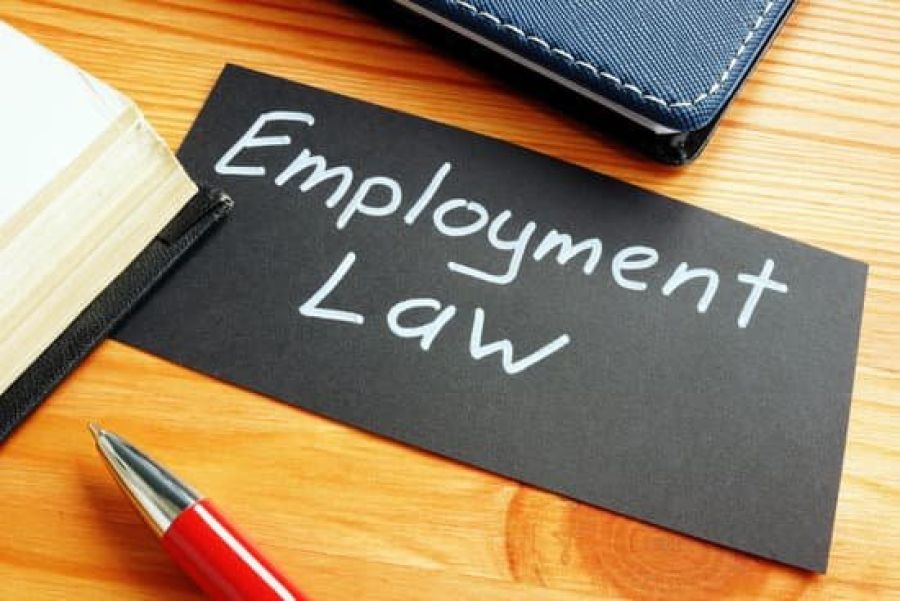Blog

Blog
Call us today for a free initial consultation on 0800 772 0341
Will a historic vote and the pandemic trigger a trade union revival?
Published 04 April 2022

A landmark vote by Amazon warehouse workers to form a trade union helps to focus the spotlight on the role an organised association of workers can play in the modern workplace.
Employees at a distribution centre in Staten Island, New York, voted to form a union in what was hailed as a ‘historic victory’ [1 cited 4.4.22]
In a vote 2,654 employees voted yes to forming a union, while 2,131 voted no.
The victory marks the first successful US organising effort in the company’s history.
A trade union brings together a group of employees and acts to protect their rights.
In workplaces where a union is recognised, it can negotiate on behalf of its members for better pay and terms and conditions, such as holidays or other workplace policies.
Trade unions generally assert that in workplaces where there are unions, members benefit from the strength and security that comes from working together to tackle problems.
It is a message which appears as if it is, or at least was, being heard.
When Prime Minister Boris Johnson told people to return to work following the lifting of restrictions after the first lockdown, the website that helps people find a trade union to join is reported to have had more hits than ever before [2 cited 4.4.22]
Most recent figures show trade union membership in the UK has increased for the fourth year in a row.
Official statistics, published near the start of the pandemic, show there was a rise of 118,000 workers signing up to become members and that nearly 6.6 million employees were members of a trade union [3 cited 4.4.22]
It is, admittedly, vastly different from the heyday for trade union membership, which in 1979 is reported to have peaked at 13.2 million members.
Membership declined sharply through the 1980s and early 1990s. From 1996 onwards the rate of decline slowed significantly, with occasional years of slight growth interspersed with the general annual reductions in membership.
But could the move by Amazon warehouse workers in the US provide an international boost for the trade union movement?
On the back of the announcement the BBC published a report with the headline question: “Are we entering a ‘golden age’ for trade unions? [4 cited 4.4.22]
The Covid-19 pandemic had a devastating impact on businesses and the world of work. Hundreds of thousands of job were lost, but millions more were saved by the government furlough scheme [5 cited 4.4.22]
Trade union support for members during this time was crucial in challenging unfair treatment and practices and in addressing work-related safety concerns.
Workers who may have been dismissed unfairly, faced with the threat of redundancy and unfair proposals to change contracts, cut hours and pay were suddenly desperate to know their rights.
And employees who worked through the pandemic or returned to workplaces during it would undoubtedly have had health and safety concerns and fears.
UK trade unions reported a stream of new members during this time, reflecting increased anxiety over workplace safety and the risk of redundancies [6 cited 4.4.22]
Young workers were hit the hardest by rising unemployment during the pandemic, with those under the age of 35 accounting for almost 80 per cent of jobs lost in the year following the first lockdown [7cited 4.4.22]
Any resurgence in the idea of unions is likely to come from young people who now recognise how vulnerable their employment status can be.
The idea of being part of a collective group, having a voice, being heard and having the power to bring about change may well prove appealing.
In workplaces where a trade union is recognised there are certain rules an employer needs to follow. They include giving the union information in advance to help with collective bargaining, informing and consulting the union about major changes in the workplace and not discriminating against a worker because they are in the union [8 cited 4.4.22]:
Workplaces in different sectors have recognised trade unions they choose to work with.
A reputation built on success
If you're facing any of the issues in this article - or need guidance on disciplinary, grievance, or redundancy matters - call us today. Our expert Trade Union Representatives are available to represent you in crucial workplace meetings, with pay as you need support.